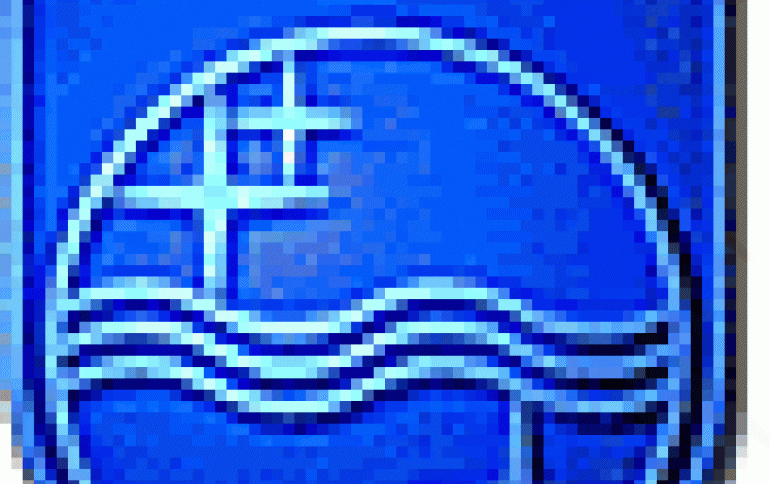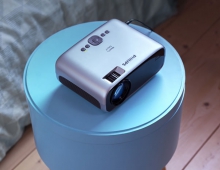
Philips to Make Navigation Devices
Philips Electronics said it would begin making mobile personal navigation systems to tap into their growing popularity, hurting shares of route-finding market leader TomTom.
Europe's biggest consumer electronics producer will compete directly with Dutch navigation device maker TomTom by introducing a new line of three products from September and October in Germany, France and the Benelux countries starting at 400 euros ($500).
Philips said in a statement on Tuesday that the devices would weigh 160 grams and be 2 centimeters thick. It will obtain map data for the systems from its former subsidiary, Navteq .
Philips is not the first mainstream consumer electronics company to have discovered the market for standalone navigation devices. Japan's Sony entered the European market earlier this year after specialized niche players such as TomTom and Garmin created a booming industry.
Both Garmin and Sony have said they want to grab 20 percent of the European navigation devices market. The overall market in Europe and the United States is expected to roughly double to well over 9 million units this year.
Philips used to sell high-end car navigation systems in the late 1990s but sold the car entertainment activities in 1999.
At the time it explained that move by saying carmakers demanded entire dashboards and electronics, which was not regarded a core activity by Philips.
Although Philips also offered after-market products directly to consumers, including navigation devices with tiny monochrome screens that fitted into the car radio slot, it was mainly a business-to-business market.
These new products will be sold as consumer electronics devices through the existing retail distributor network, which already sells TVs, shavers and other Philips devices.
Analysts expect Philips not to repeat the mistakes of the past, such as in the late 1990s when it tried to conquer the mobile phone market only to largely abandon it a few years later after mounting losses.
Philips said in a statement on Tuesday that the devices would weigh 160 grams and be 2 centimeters thick. It will obtain map data for the systems from its former subsidiary, Navteq .
Philips is not the first mainstream consumer electronics company to have discovered the market for standalone navigation devices. Japan's Sony entered the European market earlier this year after specialized niche players such as TomTom and Garmin created a booming industry.
Both Garmin and Sony have said they want to grab 20 percent of the European navigation devices market. The overall market in Europe and the United States is expected to roughly double to well over 9 million units this year.
Philips used to sell high-end car navigation systems in the late 1990s but sold the car entertainment activities in 1999.
At the time it explained that move by saying carmakers demanded entire dashboards and electronics, which was not regarded a core activity by Philips.
Although Philips also offered after-market products directly to consumers, including navigation devices with tiny monochrome screens that fitted into the car radio slot, it was mainly a business-to-business market.
These new products will be sold as consumer electronics devices through the existing retail distributor network, which already sells TVs, shavers and other Philips devices.
Analysts expect Philips not to repeat the mistakes of the past, such as in the late 1990s when it tried to conquer the mobile phone market only to largely abandon it a few years later after mounting losses.


















